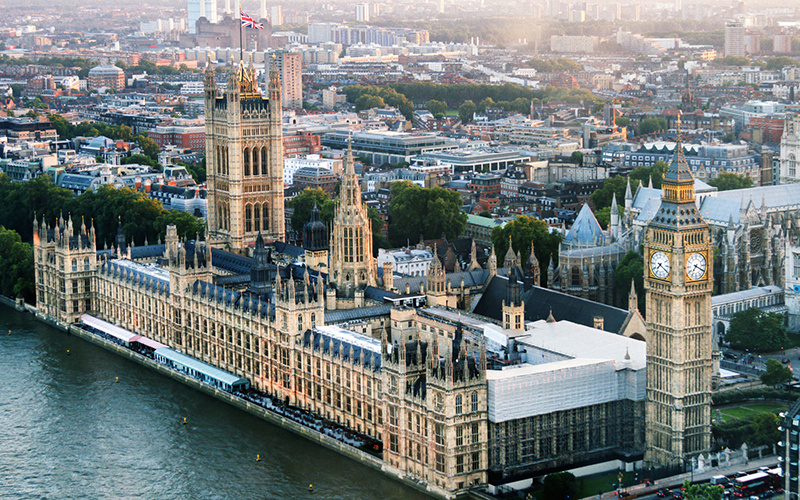REC Campaigns - Changes to right to work checks are pragmatic way forward

The government has introduced temporary changes to make it easier for employers to carry out right to work checks.
These changes mean that checks for key workers, like doctors and nurses, can now be completed online, ensuring that recruiters can place people quickly into roles where they are most needed. This is something we have been calling for since the start of the crisis, we are pleased that the government has listened and taken action.
What’s changed?
- Right to work checks can take place over video calls, during which the recruiter should ask the work-seeker to hold up the original docs to the camera and check them against a digital copy. The originals still need to be seen (but via video call) and matched against a digital copy. The work-seeker can submit a scanned copy or a photo of their original docs via email or using a mobile app.
- If individuals have a biometric residence card or permit, or status under the EU Settled Status Scheme, they can give the recruiter permission to view their details during the call using the online right to work checking scheme.
- Work-seekers can provide scans or photos of original documents electronically. Recruiters should record right to work checks made using these methods as “adjusted check undertaken on [insert date] due to COVID-19”.
- If a work-seeker or worker cannot provide right to work documentation then recruiters should continue to use the Home Office’s Employer Checking Service.
- The changes are temporary, and government will provide advanced notification when they are due to end.
The REC has been calling for measures like these to be taken, they are a positive and pragmatic step forward at this difficult time.
What about other checks?
DBS basic, standard and enhanced ID checking guidance has also been changed for a temporary period from 24 March 2020. Under the previous guidance DBS checks required the checker to be in possession of the original documents and to see the person face to face or over a live video link. The change allows ID documents to be viewed over video link and scanned images to be used in advance of the DBS check being submitted. The applicant will have to present the original versions of these documents when they first attend their employment or volunteering role.
DBS covers England and Wales. Disclosure Scotland’s guidance has also changed to say that the proposal to scan documents is “very sensible.” They have also announced that they are no longer accepting paper applications and that they are prioritising applications from certain sectors.
What’s next?
We are driving for similarly pragmatic outcomes on other priority issues for REC members. What else can government do to help businesses at the current time? Delaying regulatory policy changes is something that can be controlled. Pressing pause on IR35 changes was good start, delaying implementation of new immigration system would also be a positive step forward.
On a practical level, the changes to right to work checks lessen the burden on recruiters and employers at a time of national emergency. On a political level, the announcement is another example of what can be achieved by government and business organisations working together.
For more information:
- An outline of these measures and the rest of our guidance on coronavirus can be found on the REC’s Coronavirus Hub.
- The government’s announcement can be found here.
- All recruiters, whether or not they are REC members, are welcome to feedback on these changes, business conditions, government support and any questions at [email protected]
Image credit | iStock
